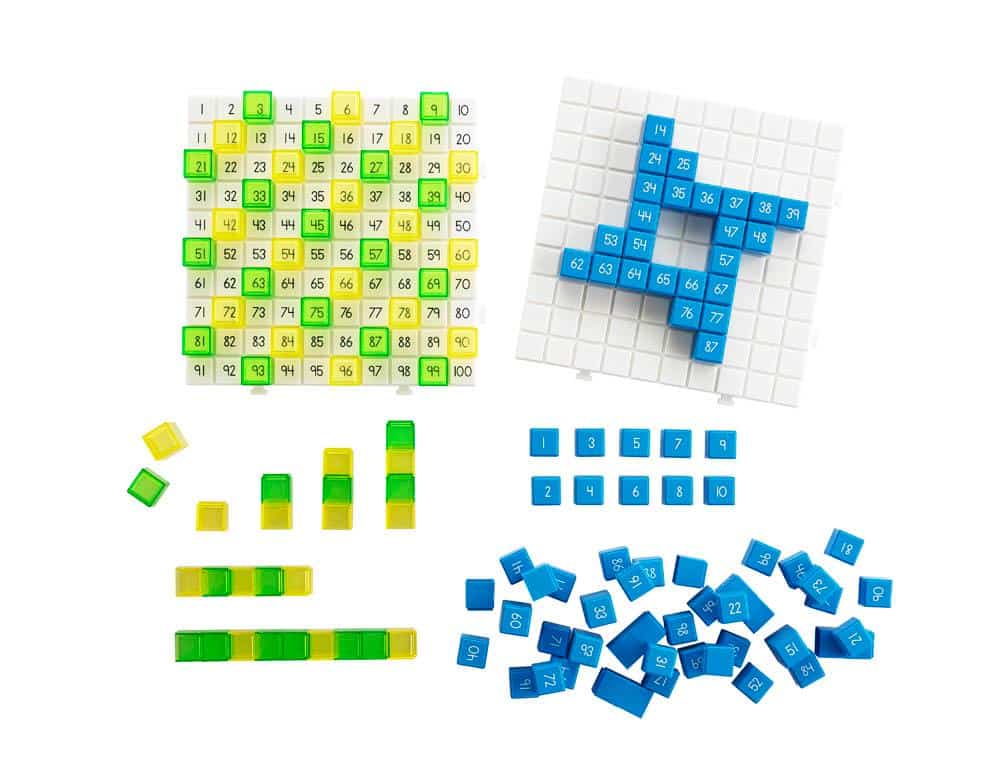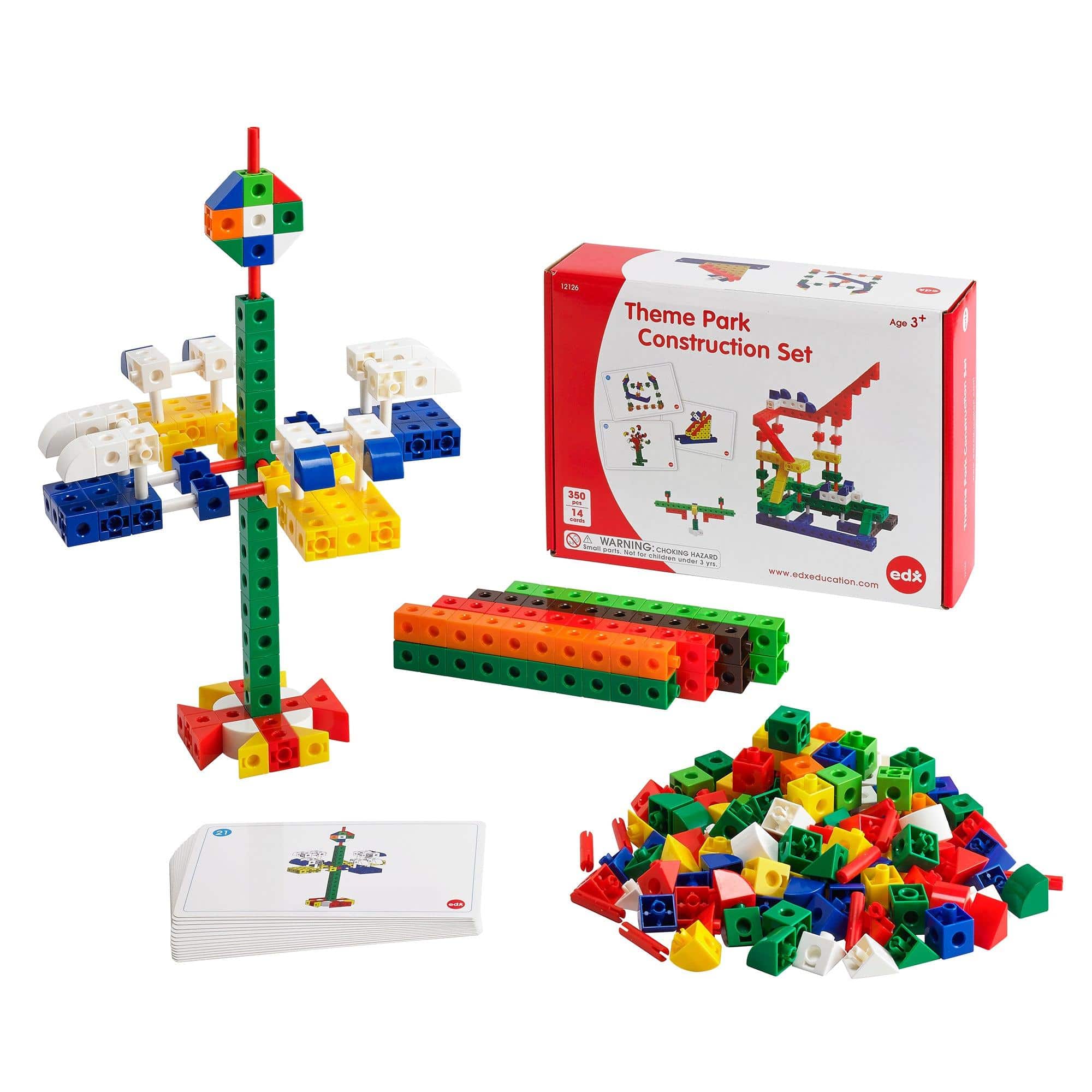The Psychology behind the Attachment to Favorite Stuffed Animals
Stuffed animals have always held a special place in the hearts of children and even adults. There is often a sense of comfort and emotional attachment associated with these cuddly companions. This article delves into the psychology behind the attachment to favorite stuffed animals, exploring the reasons why they hold such significance in our lives.
Features of Favorite Stuffed Animals:
- Softness and Texture: One of the main reasons people feel attached to their favorite stuffed animals is due to their softness and comforting textures. The tactile sensation provided by these toys can trigger feelings of security and calmness.
- Visual Appeal: Stuffed animals often come in various vibrant colors, shapes, and sizes. Their visually appealing appearance can captivate our attention and evoke positive emotions.
- Familiarity and Constancy: Favorite stuffed animals often become a constant presence in our lives. They offer a sense of familiarity and stability during times of change or stress, providing a source of comfort and reassurance.
- Imagination and Emotional Expression: Stuffed animals serve as companions for creative play, allowing children to bring their imagination to life. Through interactions with these toys, children often express and explore their emotions, helping them navigate through various life experiences.
- Transitional Object: Stuffed animals often act as transitional objects, helping individuals cope with separations from loved ones. In times of separation or unfamiliar environments, having a beloved stuffed animal by their side can provide a sense of security and stability.
- Attachment and Comfort: Humans possess a natural inclination to form attachments to objects that bring them comfort and joy. Stuffed animals provide a source of unconditional love, affection, and emotional support, offering a safe outlet for expressing emotions and developing a sense of security.
- Symbolic Representation: Stuffed animals can represent something more significant in our lives. They can symbolize memories, relationships, or even act as a source of inspiration and motivation.
- Empathy and Nurturing: Stuffed animals can encourage empathy and nurturing instincts in both children and adults. Taking care of a stuffed animal can teach responsibility, empathy, and provide a sense of fulfillment.
Understanding the psychology behind the attachment to favorite stuffed animals helps us appreciate the significant role they play in our lives. These cuddly companions offer comfort, emotional support, and serve as a bridge to the world of imagination. Whether it’s a childhood memento or an adult’s sentimental keepsake, the attachment to a favorite stuffed animal is a testament to the power of love, security, and the human need for connection.


